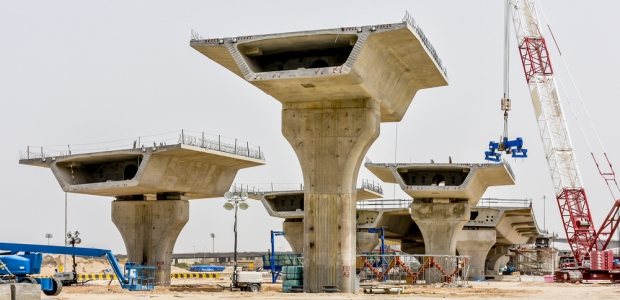
House Passes Highways Bill
The 363-64 vote on Nov. 5 passed "a much-needed shot in the arm" for U.S. infrastructure and the economy, Rep. Bill Shuster, R-Pa., said.
The U.S. House of Representatives on Oct. 5 approved a multiyear surface transportation bill that would spend up to $325 billion on transportation projects, assuming Congress comes up with a way to pay for the final three years. It passed on a 363-64 vote and calls for spending $261 billion on highways and $55 billion on transit over six years.
Now the bill goes to a conference committee to be considered along with a separate Senate measure on highways that pays for only three years.
"Today the House voted to give our infrastructure and our economy a much-needed shot in the arm," said U.S. Rep. Bill Shuster, R-Pa., who chairs the Transportation and Infrastructure Committee. He said the Surface Transportation Reauthorization and Reform Act of 2015 "provides strong reforms and policies to help us improve America's transportation system, and now we can get to work on resolving the differences with the Senate bill and carry a final measure over the goal line."
Rep. Peter DeFazio, D-Ore., the committee's ranking member, said the bill "isn't perfect," but he said it is significant that the House finally has passed a long-term bill. "I am very pleased that after 10 years of short-term band-aids and extensions, the House finally passed a bipartisan, six-year transportation bill," he said. "This legislation isn't perfect. Unfortunately, it doesn't provide the level of investment needed to repair or rebuild our aging, 1950s-era system of roads, bridges, and public transit systems. It does, however, include a critical provision that would allow for automatic adjustments and increased infrastructure investment if more money flows into the Highway Trust Fund than currently projected. If Congress does the right thing and comes up with more revenue to deposit into the Highway Trust Fund, this mechanism will invest those funds in our surface transportation infrastructure without any additional action by Congress. This is a step in the right direction."